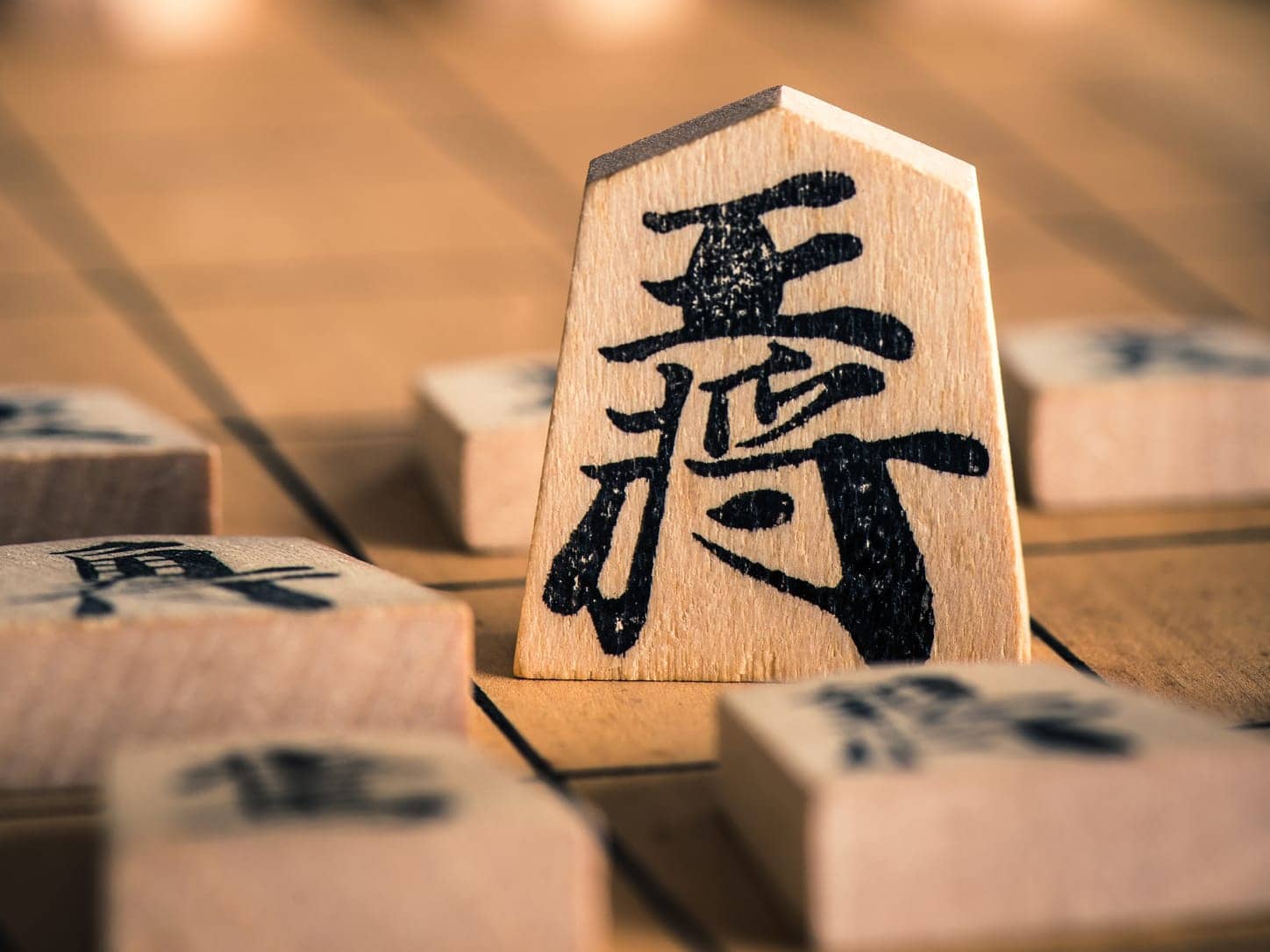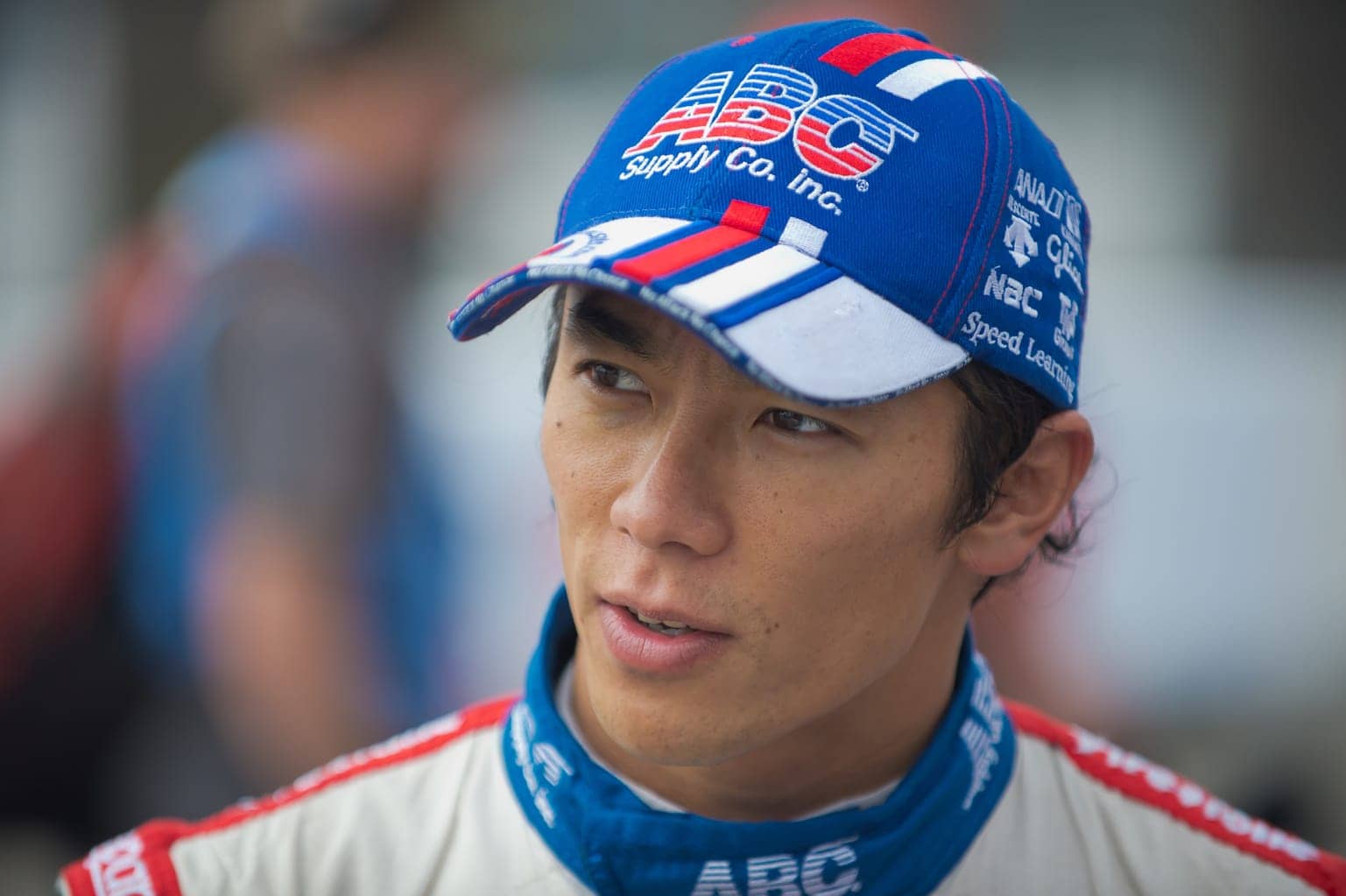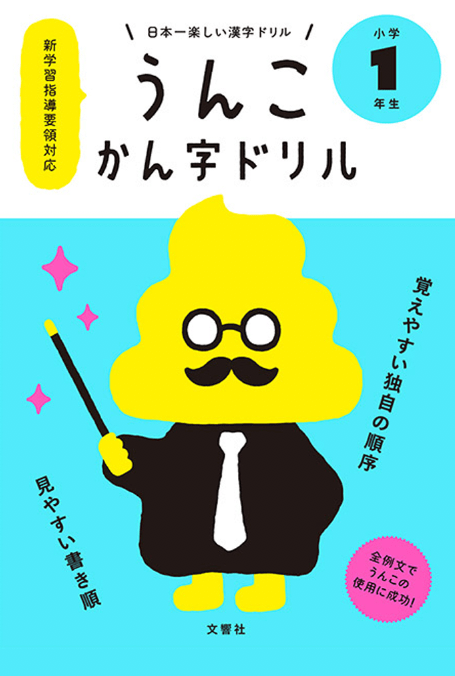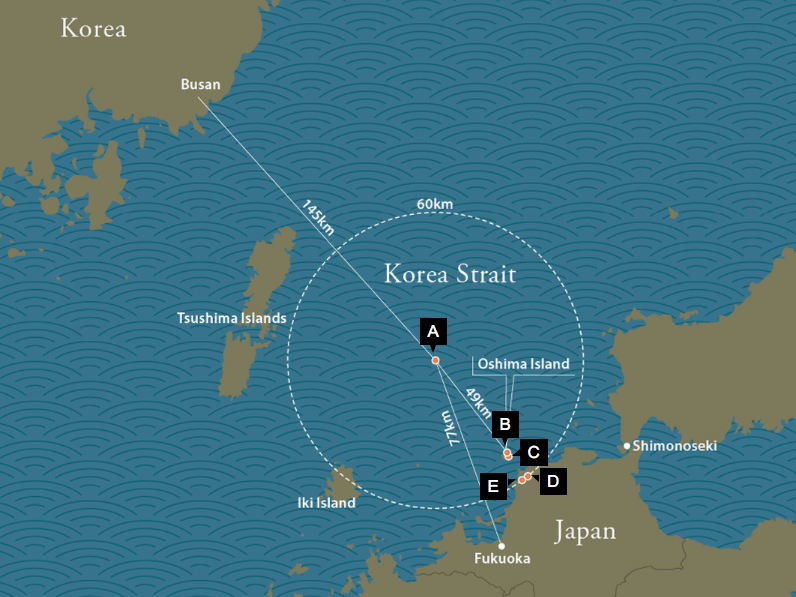As we bid farewell to another year and welcome a fresh start, we reflect on the Japan news that got people talking this year.
Anti-Conspiracy Law Sparks Fears Over Civil Liberties
After being delayed three times due to widespread public opposition, the controversial anti-conspiracy law that gives authorities the right to prosecute those who plan crimes even if they don’t carry them out, came into effect in July. According to the government, the bill was necessary for Japan to become a party to the UN Convention against Transnational Organized Crime and in order to protect its citizens leading up to the 2020 Olympics. Critics, however, have called it an abuse of power and an unconstitutional attack on freedom of expression, while also taking issue with the inclusion of lesser crimes such as copying music and mushroom picking in conservation areas.
Black Widow Sentenced to Death by Hanging
Chisako Kakehi, who used cyanide to murder her husband and two former lovers, and attempted to kill another man, will now face the executioner herself. Dubbed the “Black Widow” (a term derived from the female spider that sometimes eats its mate after copulation), she reportedly inherited around one billion yen from the death of her partners. Judge Ayako Nakagawa described the 70-year-old’s actions as “cunning and malicious,” stating that she had “no choice but to impose the ultimate penalty of death.” At one stage Kakehi admitted to killing her husband, but lawyers said the testimony couldn’t be trusted as she had dementia.
Cheating Accusation Goes Viral Following Actress’s YouTube Rant
A public spat between celebrity couple Kazuyo Matsui and Eiichiro Funakoshi caused quite a stir this summer with the former accusing her actor husband of adultery. She even uploaded a six-minute video in English to reach out to a larger audience. The 60-year-old actress claimed Funakoshi was having an affair with her best friend in Hawaii while also saying he couldn’t have sex without Viagra, had fake hair, and was after her money. Funakoshi’s agency, HoriPro, announced they’d taken legal action against Matsui for defamation and business obstruction.

Kazuyo Matsui on YouTube
Democratic Party Implodes: LDP Sails to Victory
A few days after Prime Minister Abe called a snap election, leader of the opposition Seiji Maehara disbanded the Democratic Party, encouraging candidates to run under the Party of Hope led by Yuriko Koike. However, the Tokyo governor rejected liberal and left-leaning members of the DP, so Yukio Edano, the face of Japan during the 2011 nuclear crisis, formed the Constitutional Democratic Party. With the competition fragmented, the LDP and coalition partner, Komeito, strolled to victory at the general election, garnering a two-thirds majority. The CDP became the largest opposition force in the Diet, winning 54 seats, while the Party of Hope won just 49. Koike later resigned as leader.
Emperor Akihito Given Permission to Abdicate Chrysanthemum Throne
In June, the Japanese government passed a one-off bill giving the emperor permission to stand down from a position he’s held for almost three decades. He will become the first monarch to renounce the throne since Emperor Kokaku back in 1817. The Heisei Era will come to an end on April 30, 2019, with Crown Prince Naruhito succeeding to the throne the following day. In other royal news, Princess Mako, eldest granddaughter of the emperor, announced her engagement to former classmate Kei Komuro. As he is a commoner, she will be forced to quit the royal family.
Fujii Fever Sweeps the Nation
The Japanese public fell back in love with shogi this year when 14-year-old school boy Sota Fujii went on a 29-game winning streak, breaking a record that stood for three decades. Interest in the teen intensified with each victory, and by the end of the historic 29th game there were reportedly 7.4 million viewers watching on Ameba TV’s shogi channel. Fujii, who learned the basic rules of the game from his grandmother, turned professional at 14 years and two months. His first official win came against legendary figure Hifumi Kato, the game’s oldest pro, who this year retired after a career spanning six decades.

Shogi board game
Gruelling Work Schedule Causes Reporter’s Death
NHK this year revealed that one of its former employees died from karoshi (death from overwork). Journalist Miwa Sado, 31, passed away from congestive heart failure in 2013, though the public broadcaster decided to wait four years to make the death public because her parents originally wanted it kept quiet before changing their minds this summer. Sado did 159 hours and 37 minutes of overtime in one month covering a regional and national election. She was found collapsed on her bed holding a mobile phone. Japan is planning to cap overtime at 100 hours a month, though many believe that is still too excessive.
Hawks Down DeNA to Win Japan Series
A ding-dong battle between Fukuoka SoftBank Hawks and Yokohama DeNA Baystars ended in dramatic fashion as Keizo Kawashima hit a sayonara single in the 11th inning of the sixth game to clinch the Series 4-2 for the Pacific League champions. Having lost the first three matches, DeNA fought back bravely and looked set to make it 3-3 overall until the bottom of the ninth when Hawks tied the game. Pitcher Dennis Sarfate was named MVP. The Hiroshima Carp clinched their second successive Central League championship, but lost to DeNa in the Climax Series. After meeting with several teams Shohei Ohtani, known as “the Japanese Babe Ruth” signed for Los Angeles Angels, where he’ll line up alongside superstar Mike Trout.
Ishiguro Receives Nobel Prize in Literature as Murakami Misses Out Again
After awarding the Nobel Prize in Literature to Belarusian journalist Svetlana Alexievich in 2015, and Bob Dylan in 2016, the Swedish Academy decided to go down the more traditional route this year, giving the accolade to Remains of the Day and Never Let Me Go author Kazuo Ishiguro for novels that “uncovered the abyss beneath our illusory sense of connection with the world” and were driven by a “great emotional force.” The British writer’s accomplishment was celebrated in Nagasaki where he was born, but not by everyone in Japan. For Harukists – ardent fans of Haruki Murakami – the long wait
goes on.
J-Alert Warning System Causes Confusion in Northern Japan
In the space of a month, North Korea launched two missiles over Japan, triggering the J-Alert system. In numerous prefectures in the north of the country, warnings blared out from loudspeakers, messages were sent to mobile phones, and regular TV programs were interrupted. Citizens were told to take cover in a sturdy building or escape underground; however, in many areas there are no such places nearby, so residents were confused as to what to do. Some complained that the warning area was too vast, causing panic in cities that clearly wouldn’t be affected.
Kiryu Breaks New Ground with Sub-10 Second Run
It’s been a good year for Japanese sprinters. At the Athletics World Championships in London, 18-year-old Sani Brown raced into the record books, overtaking Usain Bolt as the youngest ever finalist in the men’s 200 meters. In the 4×100 meters relay, Shuhei Tada, Shota Iizuka, Yoshihide Kiryu and Kenji Fujimitsu came in third behind winners Great Britain and the United States, giving Japan its first medal of the championships. A month later, Kiryu became the first Japanese runner to break the 10-second barrier in the 100 meters, clocking 9.98 seconds at an intercollegiate meet in Fukui.
LDP Lawmaker Physically and Verbally Abuses “Baldy” Secretary
Harvard graduate Mayuko Toyota was forced to resign from the Liberal Democratic Party after weekly magazine Shukan Shincho released an audio file of her in a car yelling insults at her secretary. Referring to him as hage (“baldy”), she screams about him damaging her reputation while the man apologizes and pleads with her not to hit him while he’s driving. According to the magazine, in a separate incident she had threatened to crush his head with a lead pipe. Under pressure from LDP leaders, Toyota agreed to leave the party and was then hospitalized due to her unstable condition.
Moritomo and Kake Scandals Damage Abe’s Reputation
In February it was reported that Moritomo Gakuen, an ultra-nationalist Osaka-based school operator, had been given permission to construct a new elementary school on a government-owned tract of land. The price was just ¥134 million, over ¥800 million less than the appraisal value, and Japan’s first lady Akie Abe was listed as the honorary principal. As a result, accusations of favoritism were levelled at the government. Three months later, the prime minister was again on the defensive as he was accused of helping his friend Kotaro Kake win approval for a private veterinary school. Despite there being no actual evidence of cronyism, Abe’s approval rating sank to an unprecedented low of 26 percent.
Ninja Burglar, 74, Nabbed after Eight-Year Crime Spree
Always dressed in black with a neck warmer pulled up to his nose and a hood down to his eyes, the Ninja Burglar had the agility to run on top of roofs and squeeze through tight spaces. For eight years he managed to avoid capture, stealing cash and goods worth around ¥30 million, but his luck finally ran out this spring when the neck warmer he was wearing slipped, revealing to security cameras the face of senior citizen Mitsuaki Tanigawa. “If I were younger, I wouldn’t have been caught,” he was quoted as saying. “I’ll quit now as I’m 74 and old enough.”
Okinoshima Granted World Heritage Status
A sacred religious island in Japan that bans women and requires men to strip naked before entering was this year declared a UNESCO World Heritage Site. Okinoshima, along with three nearby reefs and four related locations, joined the country’s 20 other natural sites already recognized by the United Nations cultural agency. Thousands of artifacts, brought over as gifts from abroad, can be found on the remote island, including gold rings and swords. Visitors must undergo a cleansing ritual upon arrival, are not permitted to take anything away with them and must never speak of the trip.
Pop Princess Set to Call It Quits
Considered music royalty in Japan, Namie Amuro has amassed 14 number one singles and sold over 35 million records in a career spanning a quarter of a century. To the surprise and disappointment of her many fans she announced on her 40th birthday this autumn that she would be retiring in 2018. Her last ever album, Finally, a compilation of 52 songs spanning her entire career, was released in November and sold over one million copies in its first week. She is the only Japanese artist to reach the million selling mark in her teens, 20s, 30s and 40s.
Quality Control Lapses Harm “Japan Brand” Image
Once the envy of the world, Japanese manufacturing companies have long been known for their meticulous attention to detail and concepts such as kaizen (continuous improvement). This year, however, many major corporations in the country have made headlines for all the wrong reasons. In January, three Takata Corporation executives were sued because of the company’s defective airbags. A few months later, Takata filed for chapter 11 in the US and bankruptcy protection in Japan. In the automobile industry, meanwhile, it was uncovered that Subaru and Nissan had conducted inspections by uncertified staff, while Kobe Steel Ltd. revealed that it falsified data related to the strength and durability of some aluminum and copper products used in aircrafts and cars.
Racist Tweet Overshadows Sato’s Indy 500 Triumph
Ex-Formula One driver Takuma Sato this year became the first ever Asian driver to win the Indianapolis 500, the event popularly known as “the greatest spectacle in racing.” Unfortunately, his victory was slightly marred by a tweet sent by The Denver Post journalist Terry Frei who wrote, “Nothing specifically personal, but I am very uncomfortable with a Japanese driver winning the Indianapolis 500 during Memorial Day weekend.” After a backlash, the columnist apologized, stating that his father had been a veteran of World War II. But the damage had been done and he was fired by the newspaper.

Takuma Sato
Sex Crime Laws Finally Amended After 110 Years
In what is the first major overhaul in more than a century, Japan’s penal code stipulating tighter sentences against sexual crimes went into effect this summer. Revisions include raising the minimum sentence for rapists from three to five years as well as the removal of a provision that requires victims of sexual crimes to press charges in order to prosecute. It also broadened the definition of rape to include oral and anal sex. In May, journalist Shiori Ito called a press conference, telling reporters that she had been raped by a high-profile TV reporter, but he was never prosecuted because of what she claims was a flawed investigation.
Torrential Rain Batters Kyushu, Killing 36
In early July, several cities were badly damaged as the heaviest rainfall on record hammered the southwestern island of Kyushu. The downpour was caused by a phenomenon known as senjo kosuitai (linear rainbands) in which bands of giant cumulonimbus clouds remain stationary in the air for several hours. It triggered widespread flooding, and landslides were reported in several areas. Over 400,000 people were forced to evacuate their homes as parts of Fukuoka Prefecture were hit with 774mm of rain in just nine hours. Thirty-six people died as a result of the disaster.
Unko Kanji Doriru Author Makes a Fortune from Poo
A series of six kanji study books featuring 3,018 sentences that all include the word “poo” has proved a massive hit this year, selling more than two million copies in its first three months. Released in March, Unko Kanji Doriru (Poo Kanji Drills) attempts to give children a more enjoyable learning experience by associating kanji characters with a word they all seem to love. “Adults would raise their eyebrows, but for children, the word ‘poo’ is magical and makes things fun,” author Yusaku Furuya told Kyodo News. Japanese kids are expected to be able to read and write 1,006 kanji characters by the time they finish primary school.

Unko Kanji Doriru
Vanilla Air Apologizes to Disabled Man Forced to Crawl Up Steps
Informed that he wasn’t allowed to board a flight back to his hometown of Osaka from the southern island of Amami because there was no wheelchair access, disabled-rights activist Hideto Kijima decided to get on the plane anyway by crawling up a portable boarding staircase. The budget airline, which is owned by All Nippon Airways, apologized to the passenger and announced that it had ordered an electric wheelchair lift for its planes from Amami following the incident. On his Facebook page, Kijima received both support and criticism, with some accusing him of unfairly targeting the airline or making unreasonable demands.
World Cup Qualification Secured for Samurai Blue
Japan qualified for its sixth consecutive World Cup after beating Australia 2-0. Under pressure going into the game, coach Vahid Halilhodzic’s decision to play a relatively youthful side, dropping high-profile players such as Shinji Kagawa, Shinji Okazaki and Keisuke Honda, paid off. In club football, Rafael Silva was the hero as Urawa Reds became the first J-League side in 10 years to win the Asian Champions League. The Brazilian striker scored in both legs of the final as the Saitama-based club defeated Saudi Arabia’s Al-Hilal 2-1 on aggregate, earning them a place at the Club World Cup where they finished fifth. The J-League title, meanwhile, was won by Kawasaki Frontale.
Xiang Xiang Chosen as the Name of Japan’s Newest Panda
Following a record 322,581 suggestions from the public, Tokyo governor Yuriko Koike announced that Ueno Zoo’s latest main attraction would be called Xiang Xiang, 100 days after the panda was born to mother Shin Shin and father Ri Ri. The name, which means either “fragrance” or “popular” in Chinese, received 5,161 submissions. Her parents arrived in Tokyo in 2011 and gave birth to a male cub a year later. It was the zoo’s first panda delivery in 24 years, but sadly he died of pneumonia after just six days. Xiang Xiang is expected to make her public debut in December.
Yokozuna Harumafuji Injures Fellow Wrestler in Karaoke Brawl
Grand sumo champion Harumafuji announced that he will retire from the sport after he assaulted lower-ranked wrestler Takanoiwa following a drink-fueled altercation in Tottori. The renowned Mongolian Yokozuna admitted to striking his fellow countryman with his fists and a remote control, but denied using a bottle in the attack. It’s the latest in a long line of scandals that have engulfed the sport in recent years, and occurred at a time when sumo was regaining popularity. In January, Kisenosato delighted Japanese fans by becoming the first homegrown wrestler to attain the rank of Yokozuna in 19 years.
Zama Serial Killer Suspect Allegedly Hid Body Parts in Coolers
Takahiro Shiraishi admitted to the police that he murdered nine people, all aged between 15 and 26, before dismembering their bodies at his small apartment in Zama, Kanagawa Prefecture. The unemployed 27-year-old allegedly contacted females via Twitter, telling them he would assist with their suicides, and then killed them shortly after they met. He has also confessed to rendering them unconscious and hanging them with a rope. The killing spree reportedly lasted two months. Shiraishi told officers that he took three days to dismember his first victim before slaying her boyfriend who had tracked him down. In other major crime news, Nagako Tomioka, the chief priest of Tomioka Hachimangu shrine, was brutally murdered in early December by her brother with a samurai sword in an apparent feud over succession rights. He then killed his wife Mariko, before committing suicide.
Updated On December 19, 2017










